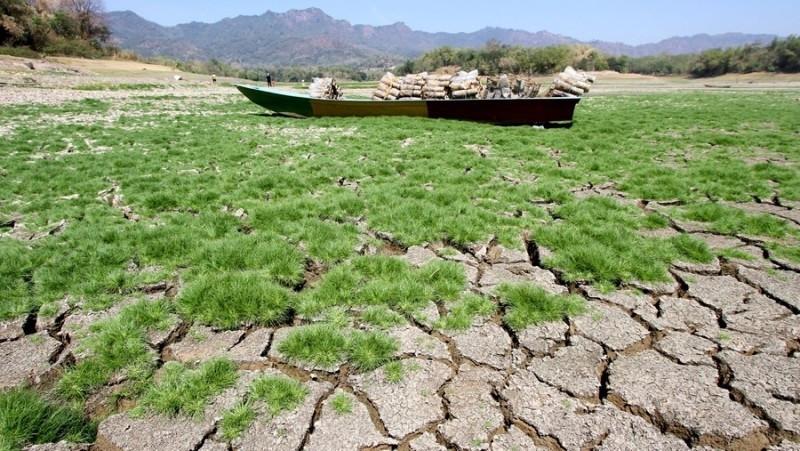
The World Meteorological Organization (WMO) said that the amount of CO2 in the atmosphere rose to its highest level in 2024, with the largest increase since measurements began in 1957. The rate of CO2 increase is now three times faster than in the 1960s, mainly due to human activity and increased forest fires, creating a dangerous "climate spiral".
Concentrations of CH4 and N2O – two other major greenhouse gases – also hit record highs last year. The WMO warned that the heat trapped by CO2 and other greenhouse gases was accelerating climate change, contributing to more extreme weather events.
This trend is putting the Earth on a long-term warming trajectory, seriously threatening the Paris Agreement goals of limiting global temperature rise. The WMO stressed that cutting emissions is urgent, not only for climate reasons, but also for economic security and public welfare.
The United Nations Development Programme (UNDP) recently warned that approximately 80% of the world's poorest people, equivalent to about 900 million people, are directly exposed to climate-related hazards due to global warming. The agency highlighted the link between poverty and four environmental risks including extreme heat, drought, floods and air pollution.
Poor families are particularly vulnerable, as they often rely on vulnerable sectors such as agriculture and informal employment. When risks overlap or occur consecutively, the consequences are more severe and compound, exacerbating poverty.
The group of 35 ministers issued a report proposing changes in areas such as credit ratings, insurance rates and lending priorities of development banks, and guidelines for increasing climate change response funding.
Ministers stressed that delaying climate action increases both the risks faced and the need for investment, and called for mainstreaming climate issues into macroeconomic policy. The report also recommended that carbon markets operate through a coalition to harmonize standards to achieve a global carbon price.
According to the agreement reached in 2024 at COP29 in Baku (Azerbaijan), rich countries pledged to contribute 300 billion USD per year for climate finance from 2035. However, developing countries said this number is too low, when UN research shows that developing countries alone need at least 4 times that amount.
The report, which will be part of the “Baku to Belem Roadmap,” includes chapters on the environment, indigenous rights and joint efforts to reduce greenhouse gas emissions. It comes as the United States withdraws from its climate change commitments and the European Union grapples with a range of concerns, including energy security.
Meanwhile, at the same time, negotiations between representatives of more than 70 countries are taking place to finalize the agenda for the COP30 Conference in Brazil next November.
COP30 President Andre Correa do Lago stressed that representatives of countries had made progress towards consensus, but there was still much work to be done.
Climate change causing extreme weather events is a concern for everyone, not only the poorest regions of the world such as sub-Saharan Africa or the most affected areas such as South Asia, but also developed countries in Europe and North America, which are also suffering from unprecedented wildfires. Therefore, all countries need to unite and take drastic action to respond to climate change, before it is too late.
Updated October 20, 2025
Source: https://laichau.gov.vn/tin-tuc-su-kien/chuyen-de/tin-trong-nuoc/can-dong-long-hanh-dong-quyet-liet-ung-pho-bien-doi-khi-hau-truoc-khi-qua-muon.html


![[Photo] National Assembly Chairman Tran Thanh Man holds talks with Hungarian National Assembly Chairman Kover Laszlo](https://vphoto.vietnam.vn/thumb/1200x675/vietnam/resource/IMAGE/2025/10/20/1760952711347_ndo_br_bnd-1603-jpg.webp)
![[Photo] Solemn opening of the 10th Session, 15th National Assembly](https://vphoto.vietnam.vn/thumb/1200x675/vietnam/resource/IMAGE/2025/10/20/1760937111622_ndo_br_1-202-jpg.webp)

![[Photo] The Steering Committee of the 2025 Fall Fair checks the progress of the organization](https://vphoto.vietnam.vn/thumb/1200x675/vietnam/resource/IMAGE/2025/10/20/1760918203241_nam-5371-jpg.webp)
![[Photo] Chairman of the Hungarian Parliament visits President Ho Chi Minh's Mausoleum](https://vphoto.vietnam.vn/thumb/1200x675/vietnam/resource/IMAGE/2025/10/20/1760941009023_ndo_br_hungary-jpg.webp)








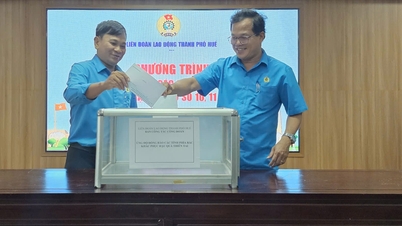










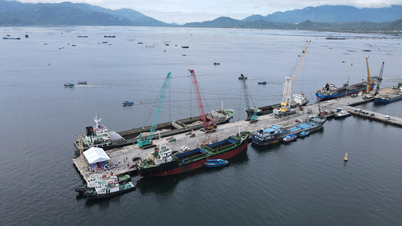
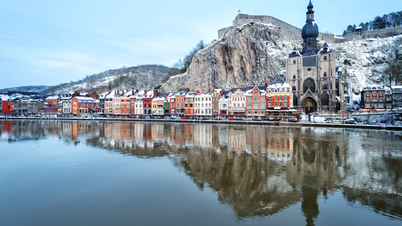

























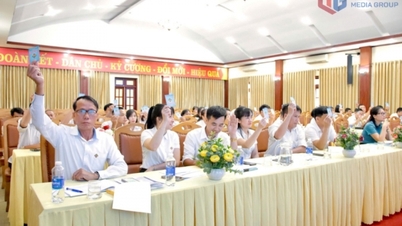

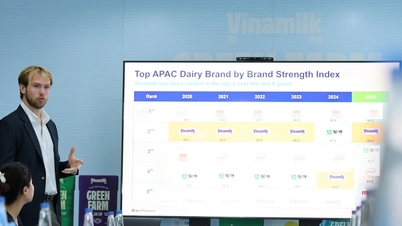









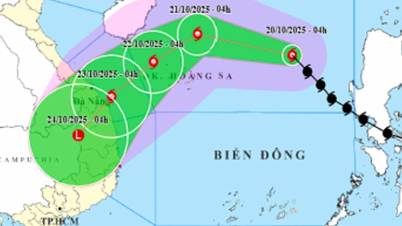

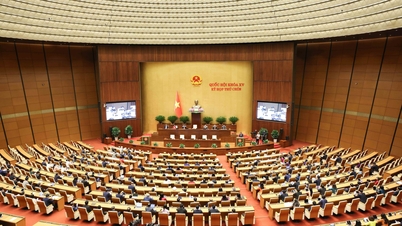



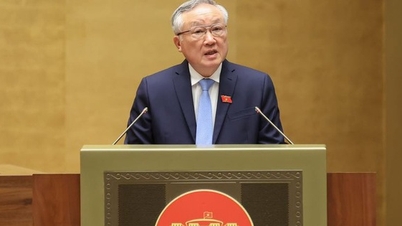


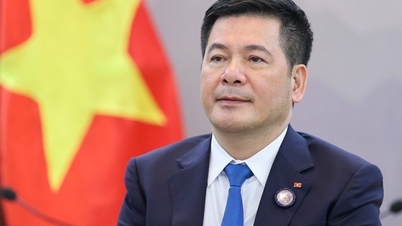




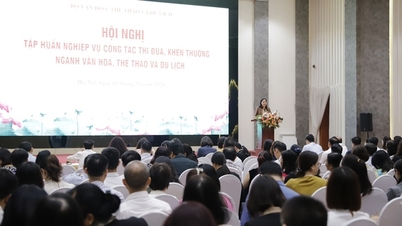
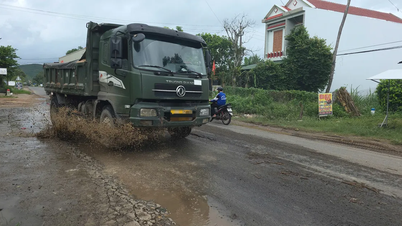



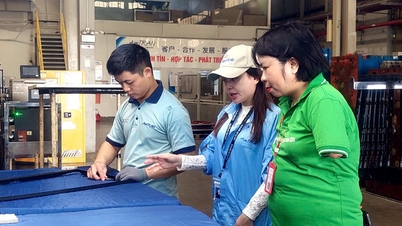
















Comment (0)